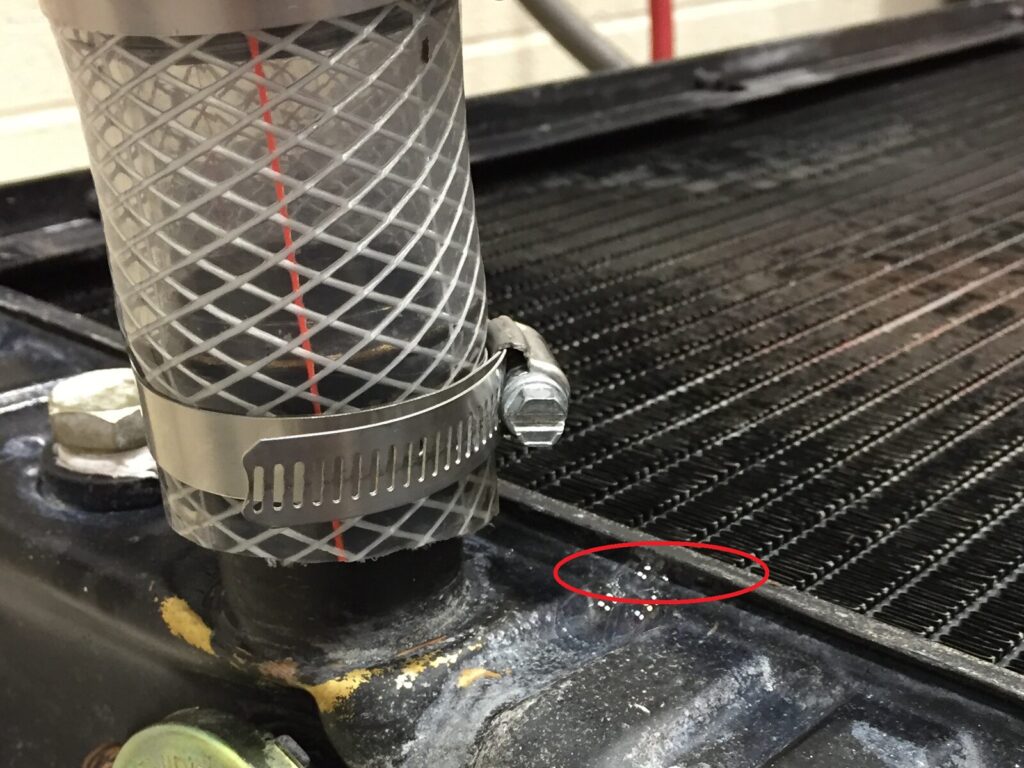Vacuum leak testing is required to accurately determine whether sealed vessels have leakage from external sources into their housing. Quantifying a detected leak allows for monitoring so that any degradation can be anticipated with the appropriate corrective action. This testing helps companies save costs associated with lost time and production incurred from repairing leaks after startup.
What do We Test?
We offer vacuum leak testing on any device or component that can be evacuated and where helium may be applied to the opposite side of the pressure boundary or across which a pressure differential of helium may be created where the opposite side of the pressure boundary is accessible for probing.
Applied Technical Services is an industry leader in vacuum leak testing services. Our qualified technicians utilize innovative technology in our ISO 9001:2015 registered laboratories to provide reliable solutions for your leak testing needs. Using the vacuum box method, we are capable of locating leaks as well as quantifying the rate of leakage in pressure vessels.
Technologically Advanced Equipment
Our technicians utilize the industry’s most technologically advanced equipment to accurately examine leaks in pressure vessels. This equipment includes:
- Veeco MS40 Helium Mass Spectrometer Leak Detector capable of detecting from 10 atm cc/sec to 4 x 10–11 atm cc/sec.
- Oerlikon Leybold PhoeniXL 300 Helium Mass Spectometer Leak Detector capable of detecting from 1 atm cc/sec to 1 x 10–11 atm cc/sec.
- Oerlikon Leybold PhoeniXLi 300 Helium Mass Spectometer Leak Detector capable of detecting from 1 atm cc/sec to 1 x 10–11 atm cc/sec.
Applicable Industry Standards
ATS experts undergo exhaustive training over the techniques and procedures of the test methods required for accurate vacuum leak testing. Our methods are in accordance with the following industry references and standards:
- ASTM E493
- ASTM E498
- ASTM E499
- ASTM E1603–11
- ASNT, Handbook Volume 1 — Leak Testing
- ASME BPVC Section V



